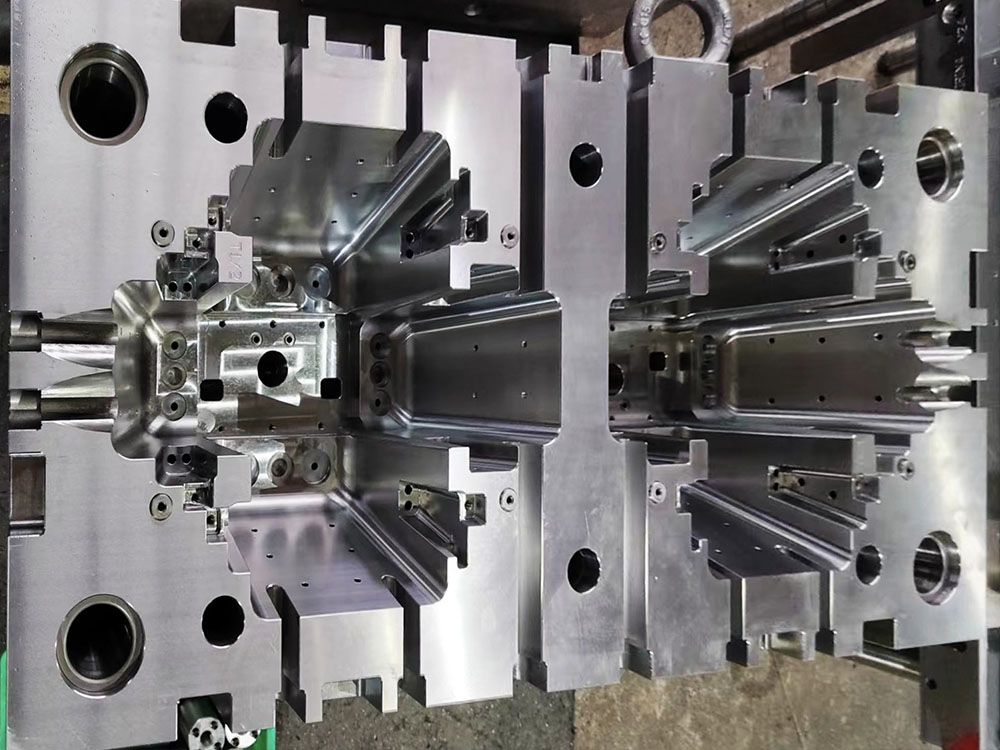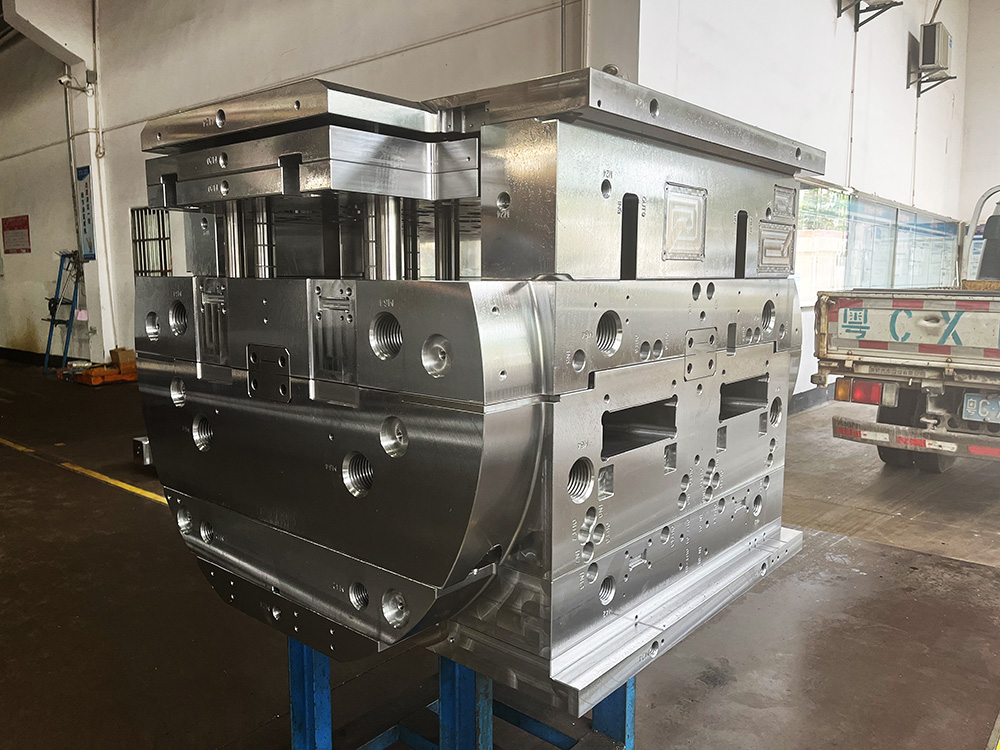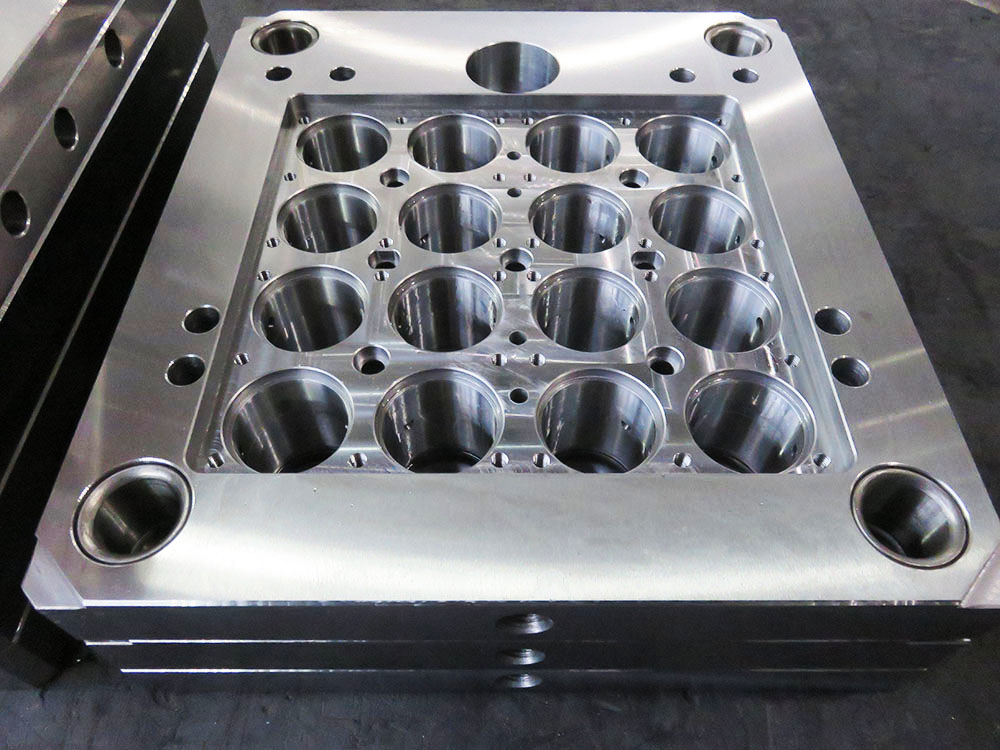Mold Base Industry: An Easy-Entry Sector
Introduction to the Mold Base Industry:
The mold base industry is a sector that offers plenty of opportunities for aspiring professionals looking to break into the field. Mold bases serve as the foundation for building molds used in various manufacturing processes, making them an essential component in the production of numerous products across industries. In this article, we will explore the reasons why the mold base industry is relatively easy to enter and the potential it holds for individuals seeking a career in this sector.
1. Growing Demand for Mold Bases:
With the constant development and innovation in manufacturing processes, the demand for mold bases continues to rise. This increasing demand is driven by various factors, including the rising need for precision engineering in industries such as automotive, electronics, and consumer goods. As a result, the mold base industry presents ample opportunities for professionals to enter and grow within the sector.
2. Favorable Entry-Level Positions:
One of the advantages of the mold base industry is the availability of entry-level positions that do not require extensive prior experience or specific educational qualifications. These positions often involve tasks such as mold assembly, basic machining, and quality control, allowing individuals to gain hands-on experience and develop expertise in the field.
3. Training and Apprenticeship Programs:
To facilitate the entry of newcomers into the mold base industry, many companies offer training and apprenticeship programs. These programs provide individuals with an opportunity to learn fundamental skills, familiarize themselves with industry-specific machinery and tools, and understand the production processes involved in mold base manufacturing. Such training programs prove beneficial in acquiring the necessary knowledge and practical experience required to succeed in the field.
4. Transferable Skills:
Skills acquired in related industries can easily be transferred to the mold base sector, making it accessible for individuals with diverse backgrounds. Proficiency in areas like machining, quality control, and CAD/CAM software can be leveraged in the mold base industry to kick-start a career. This flexibility in skills allows for individuals to quickly adapt and contribute to the sector's growth.
5. Collaborative Work Environment:
The mold base industry often fosters a collaborative work environment that encourages teamwork and knowledge sharing. This aspect can be particularly beneficial for newcomers entering the field, as they can learn from experienced professionals and expand their skills through mentorship and guidance. The collective mindset prevalent in the industry promotes a supportive atmosphere for skill development and career advancement.
6. Technological Advancements:
The mold base industry is continually evolving as new technologies emerge. Advancements in automation, 3D printing, and computerized machining have significantly impacted the sector, making it easier for individuals to learn and work with modern tools and techniques. Embracing these emerging technologies also allows newcomers to stand out in the industry and contribute to its progress.
Conclusion:
The mold base industry provides an accessible entry point for individuals aiming to establish a career in the manufacturing sector. The growing demand for mold bases, availability of entry-level positions, training programs, transferable skills, collaborative work environment, and technological advancements all contribute to the sector's overall ease of entry. Aspiring professionals can leverage these factors to their advantage and embark on a successful journey in the mold base industry.




